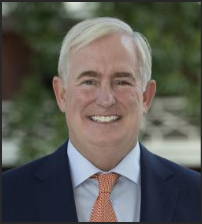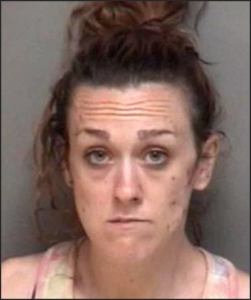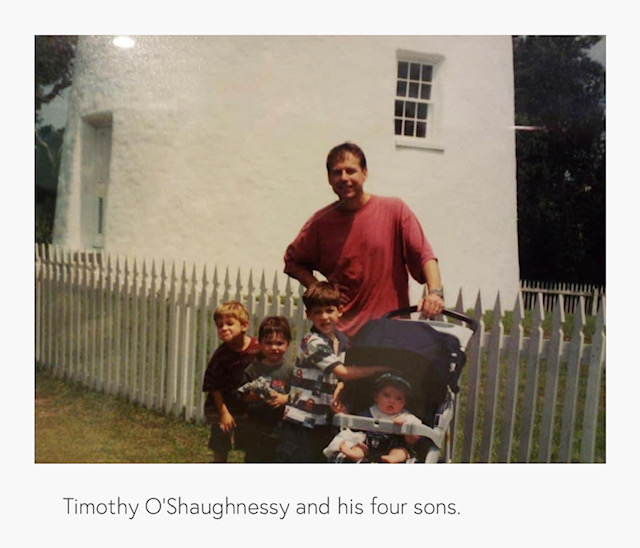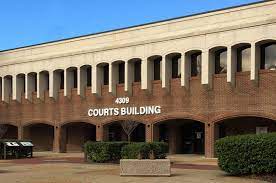
Elbert Smith, second from right, and family.
by Dick Hall-Sizemore
The Parole Board just released a convicted murderer. Yes, this Parole Board. The one that Glenn Youngkin appointed to crack down on the release of all those violent criminals. And not a peep out of Kerry Dougherty or Hans Bader, who ordinarily go on a rant when a convicted murderer is released on parole.
The circumstances surrounding this offender, Elbert Smith, certainly justified his release on parole. He did not fire the fatal shots that resulted in a man’s death. The man who did fire the shots accepted a plea deal — voluntary manslaughter and a sentence of five years. Smith, acting on the advice of his court-appointed attorney, refused the deal. A jury convicted him of second- degree murder and imposed a sentence of 44 years. Convicted in 1996, he had served 27 years in prison. During that time, he had had only one serious infraction. During the last ten years, his record had been clean. The warden in the prison in which he was being held did not recognize his name when asked about him. Continue reading



 by Kerry Dougherty
by Kerry Dougherty





 from Liberty Unyielding
from Liberty Unyielding 

 by Kerry Doherty
by Kerry Doherty by Dick Hall-Sizemore
by Dick Hall-Sizemore

